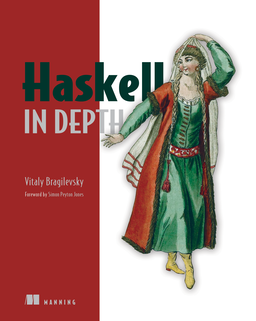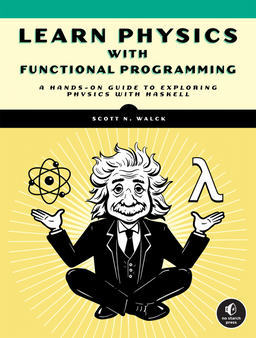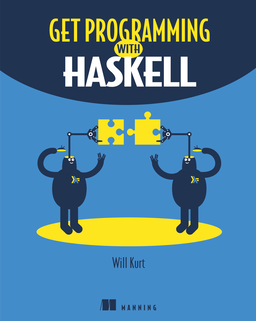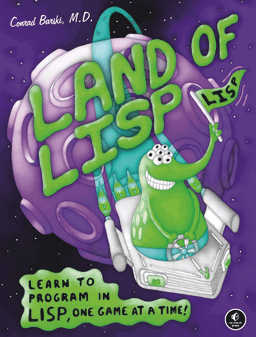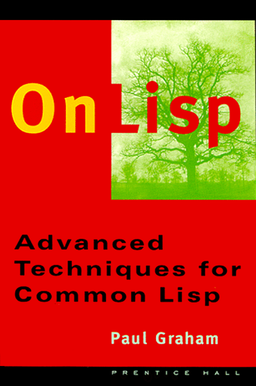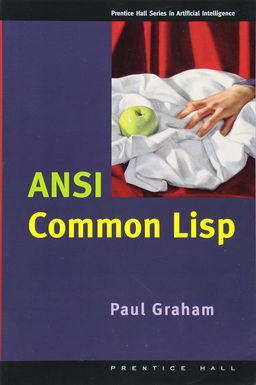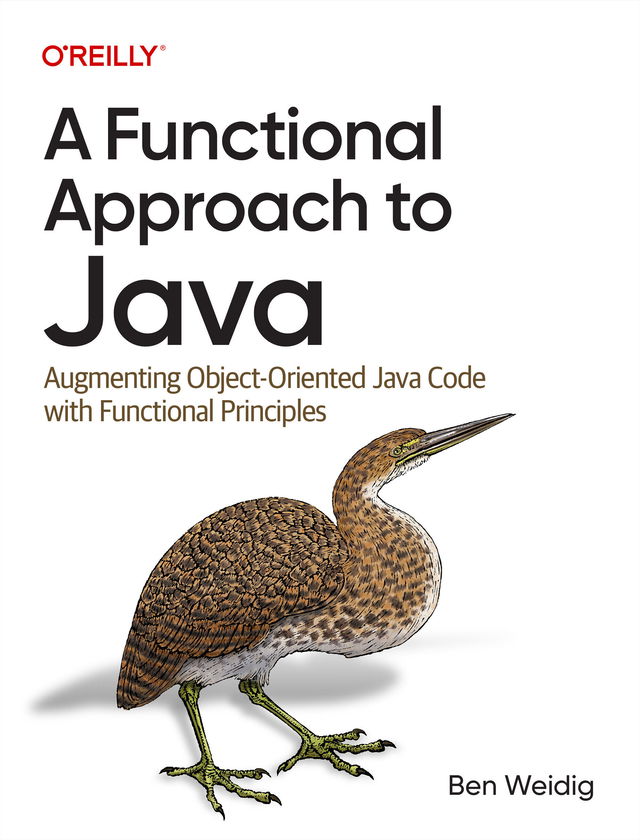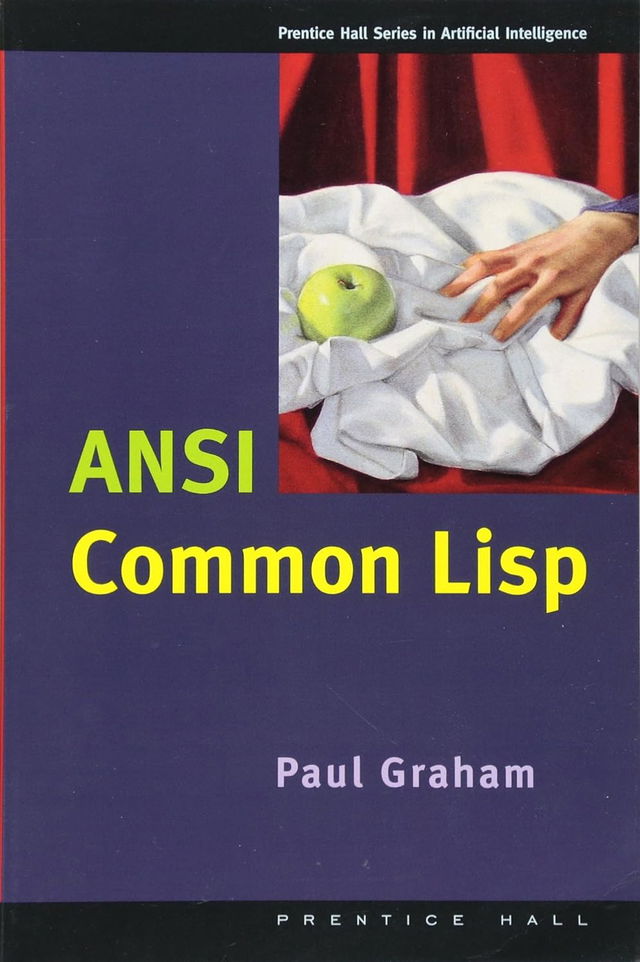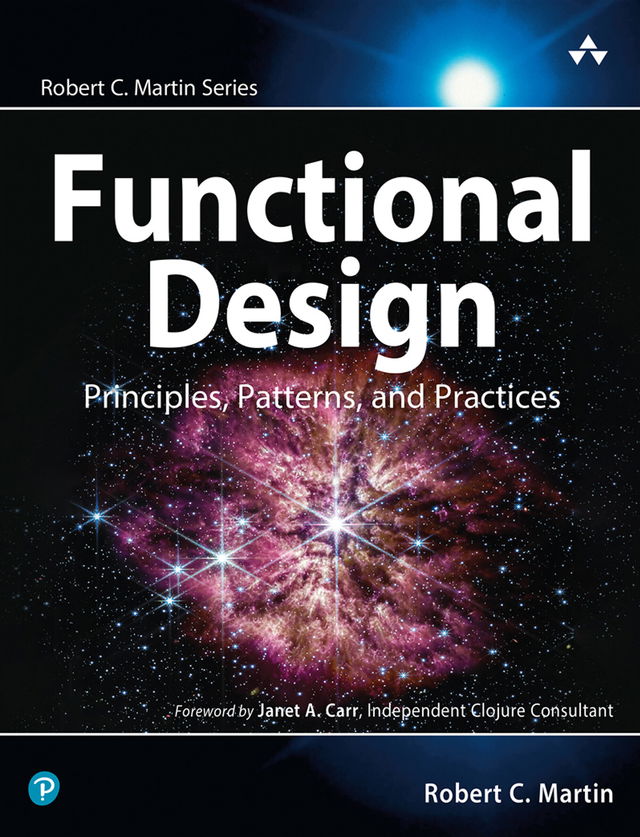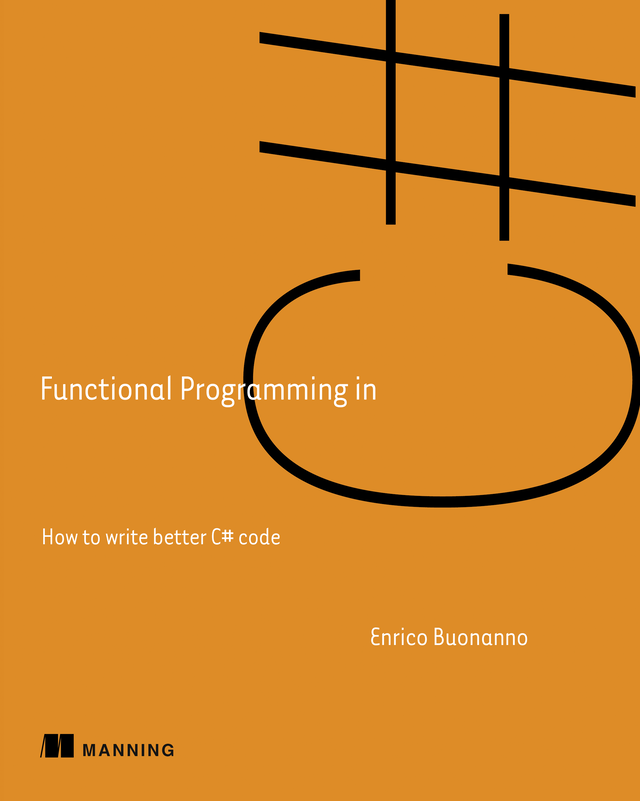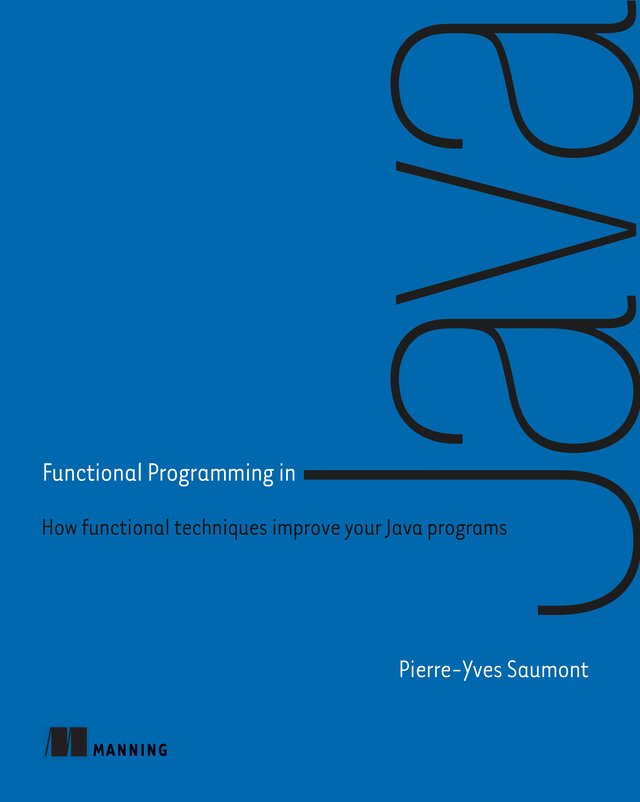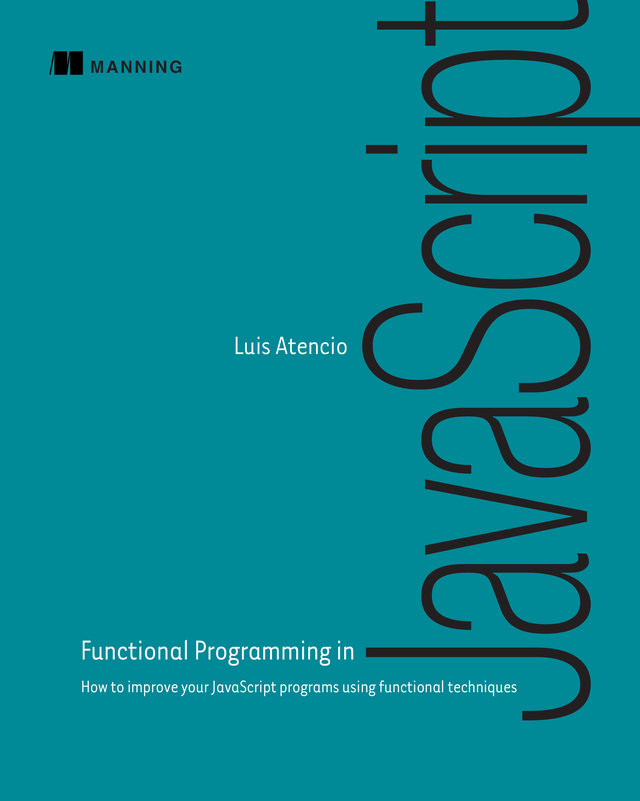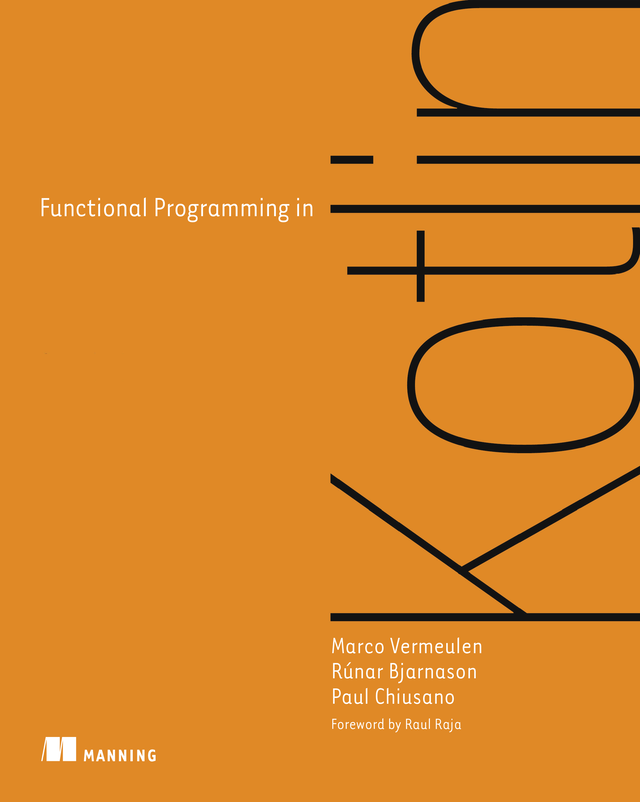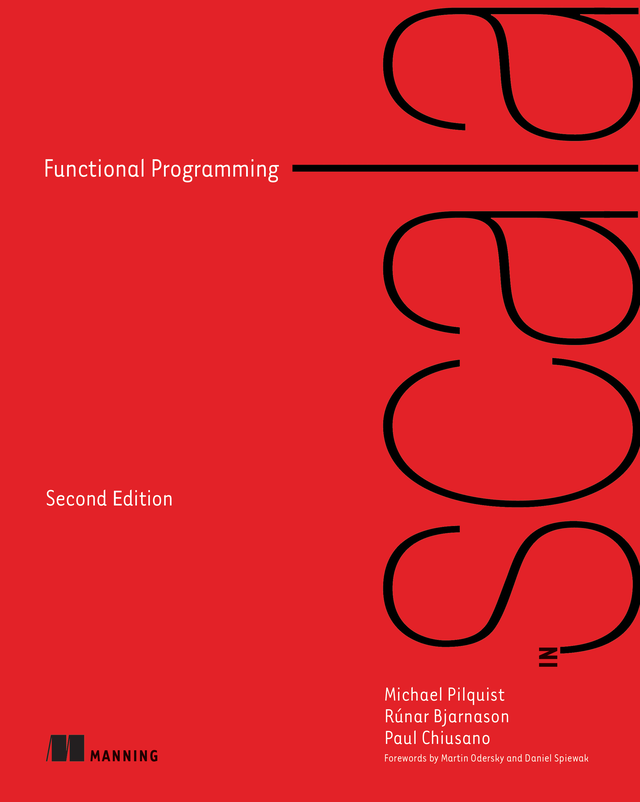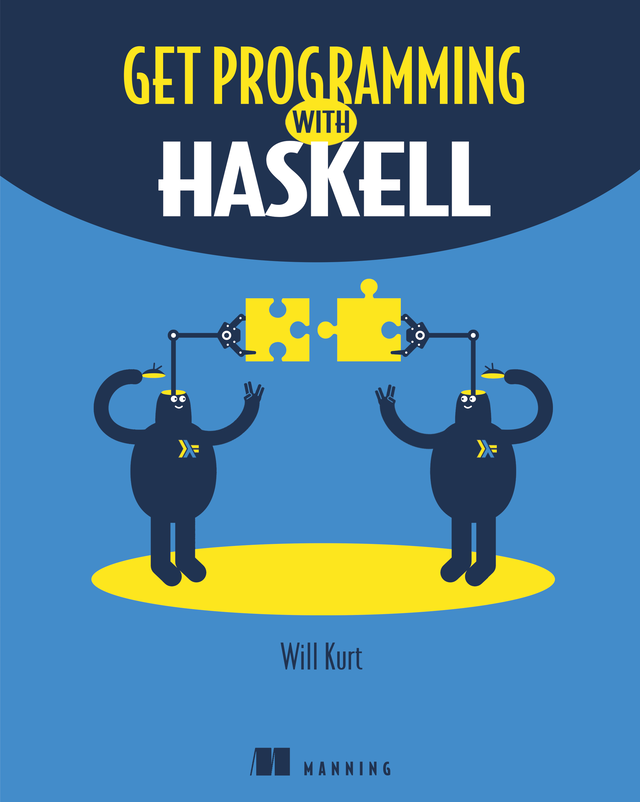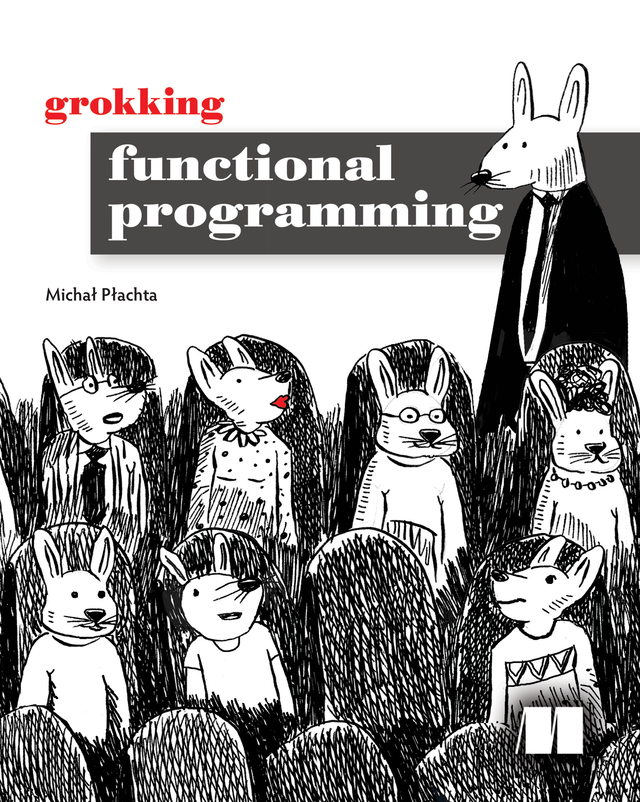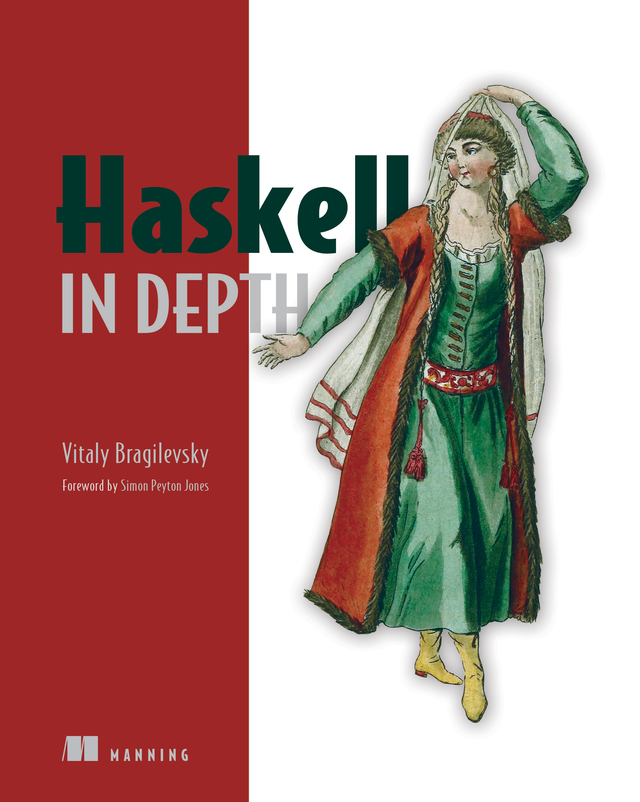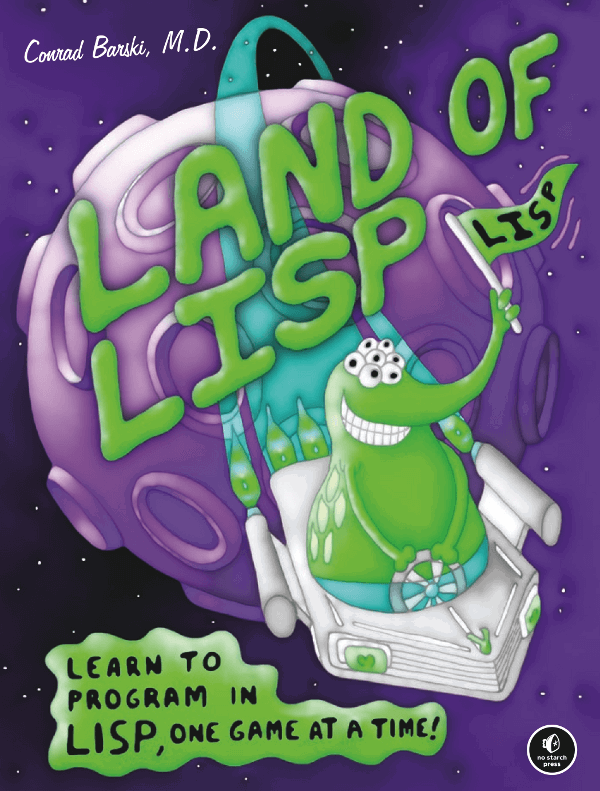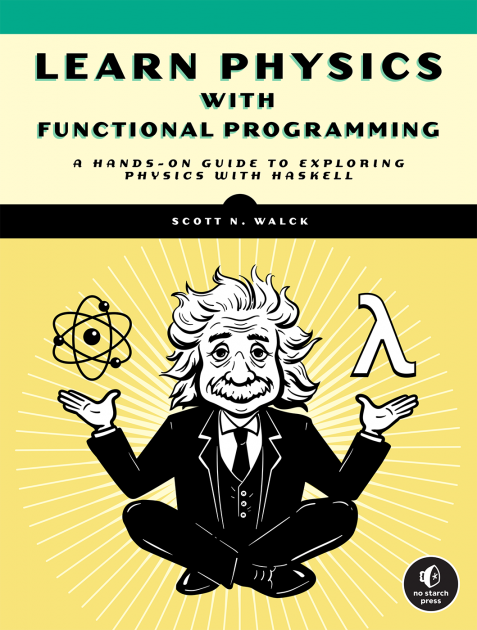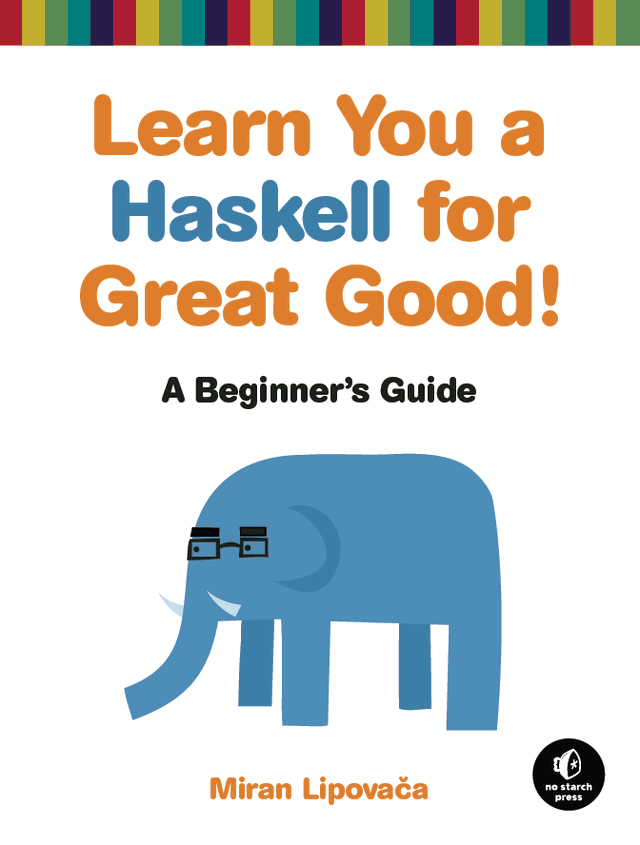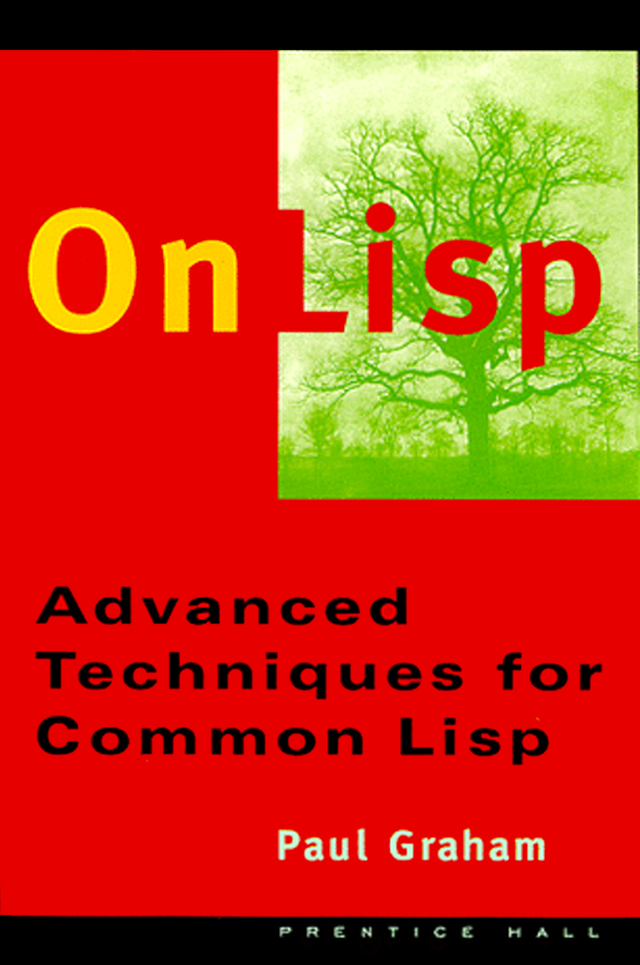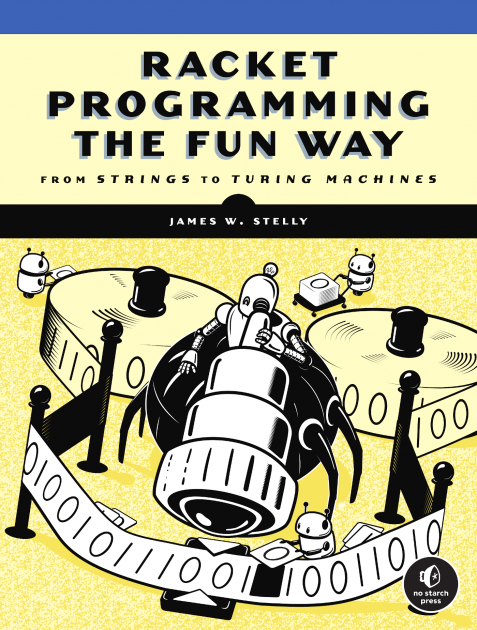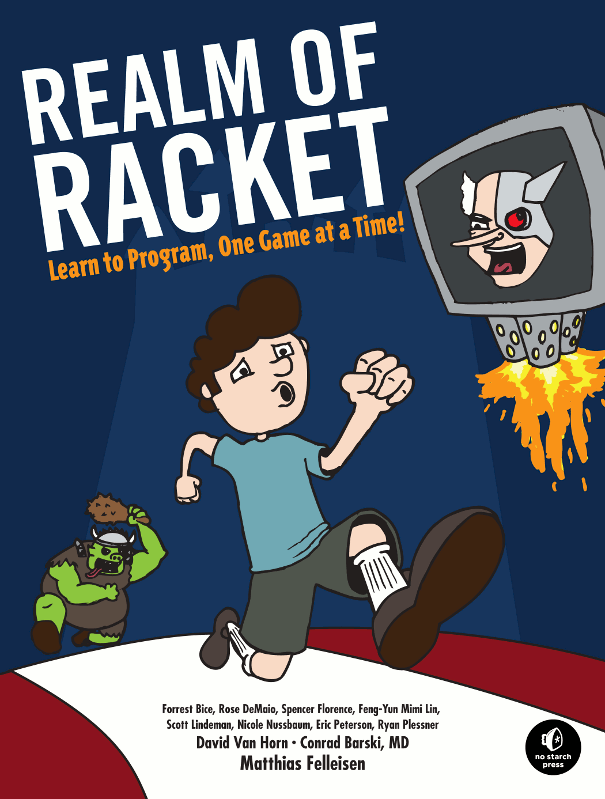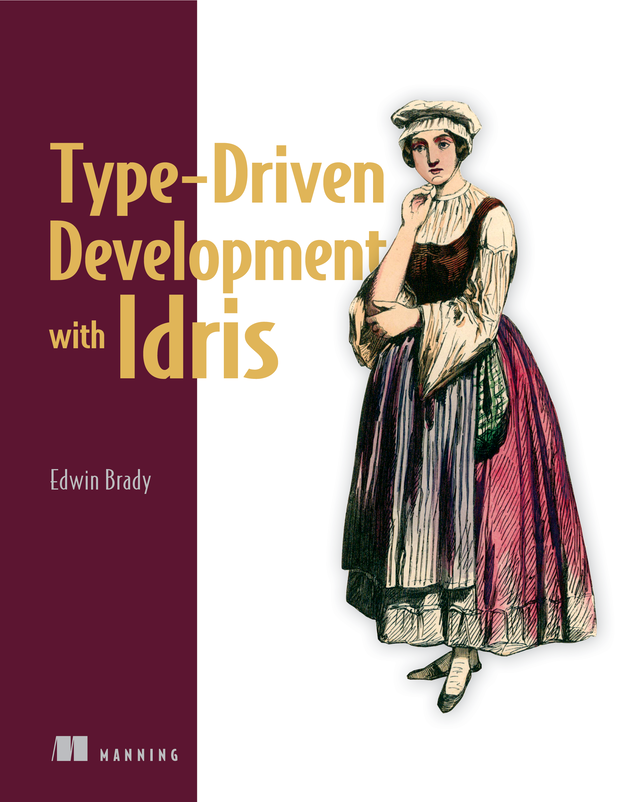Java developers usually tackle the complexity of software development through object-oriented programming (OOP). But not every problem is a good match for OOP. The functional programming (FP) paradigm offers you another approach to solving problems, and Java provides easy-to-grasp FP tools such as lambda expressions and Streams. If you're interested in applying FP concepts to your Java code, this book is for you.
Author Ben Weidig highlights different aspects of functional programming and shows you how to incorporate them into your code without going "fully functional." You'll learn how, when, and why to use FP concepts such as immutability and pure functions to write more concise, reasonable, and future-proof code. Many developers seek to expand their horizons by using OOP and FP together. It's no longer either-or; it's both.
In this book, you will:
- Get a high-level overview of functional programming, including the types already available to Java developers
- Explore different FP concepts and learn how to use them
- Learn how to augment your code and use Java's new functional features in your daily work without going fully functional
- Develop a functional mindset and improve your programming skills regardless of language or paradigm

